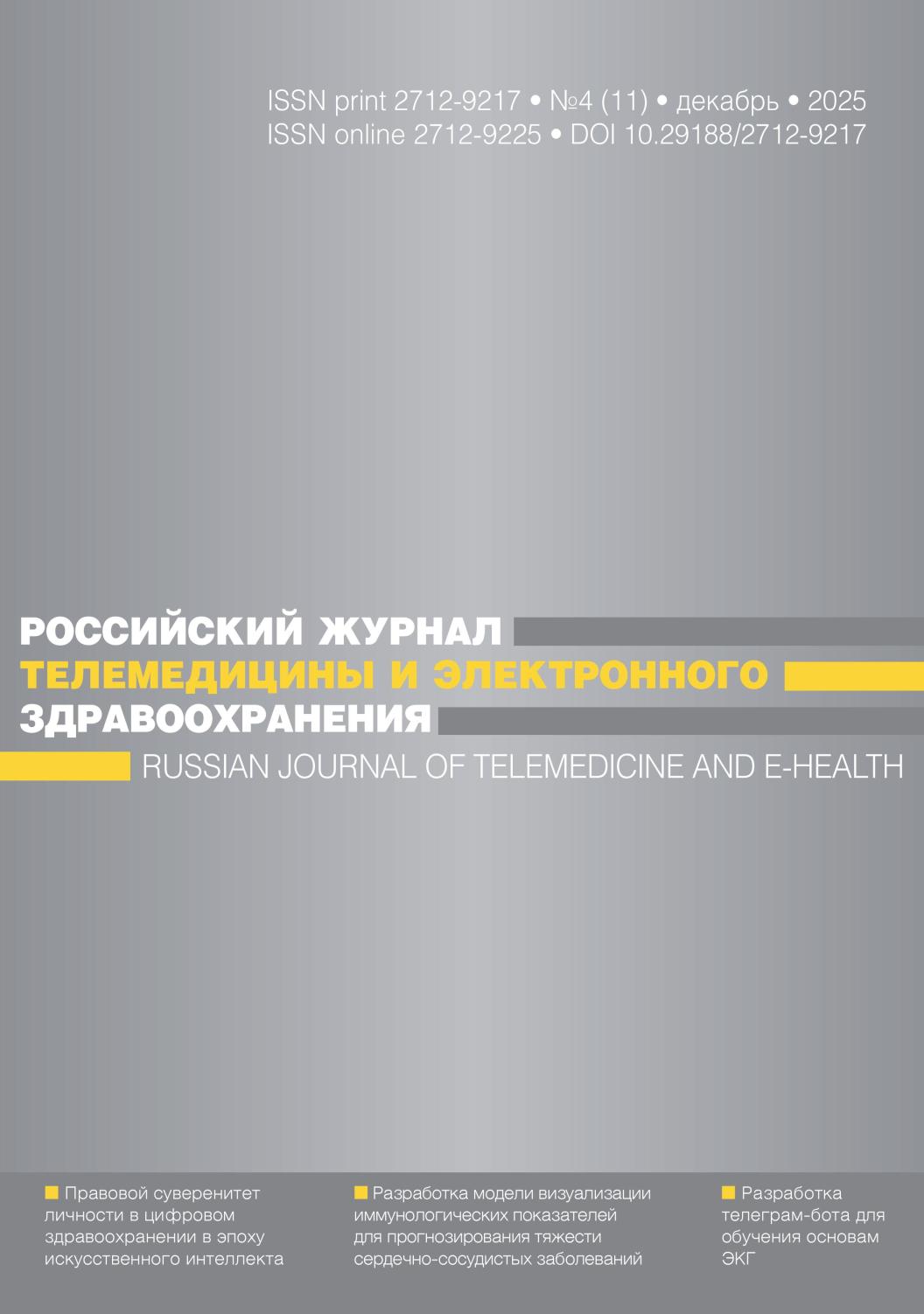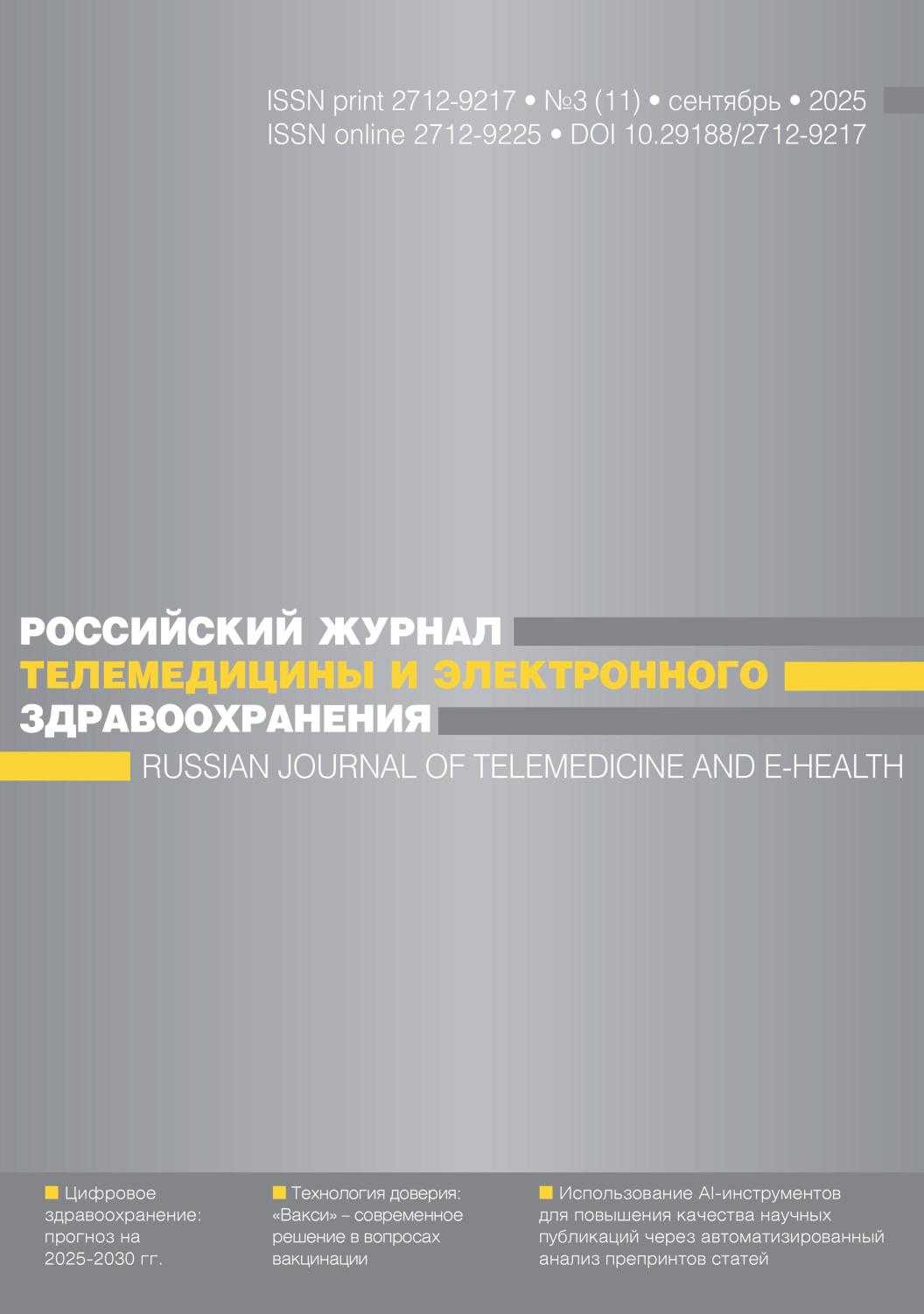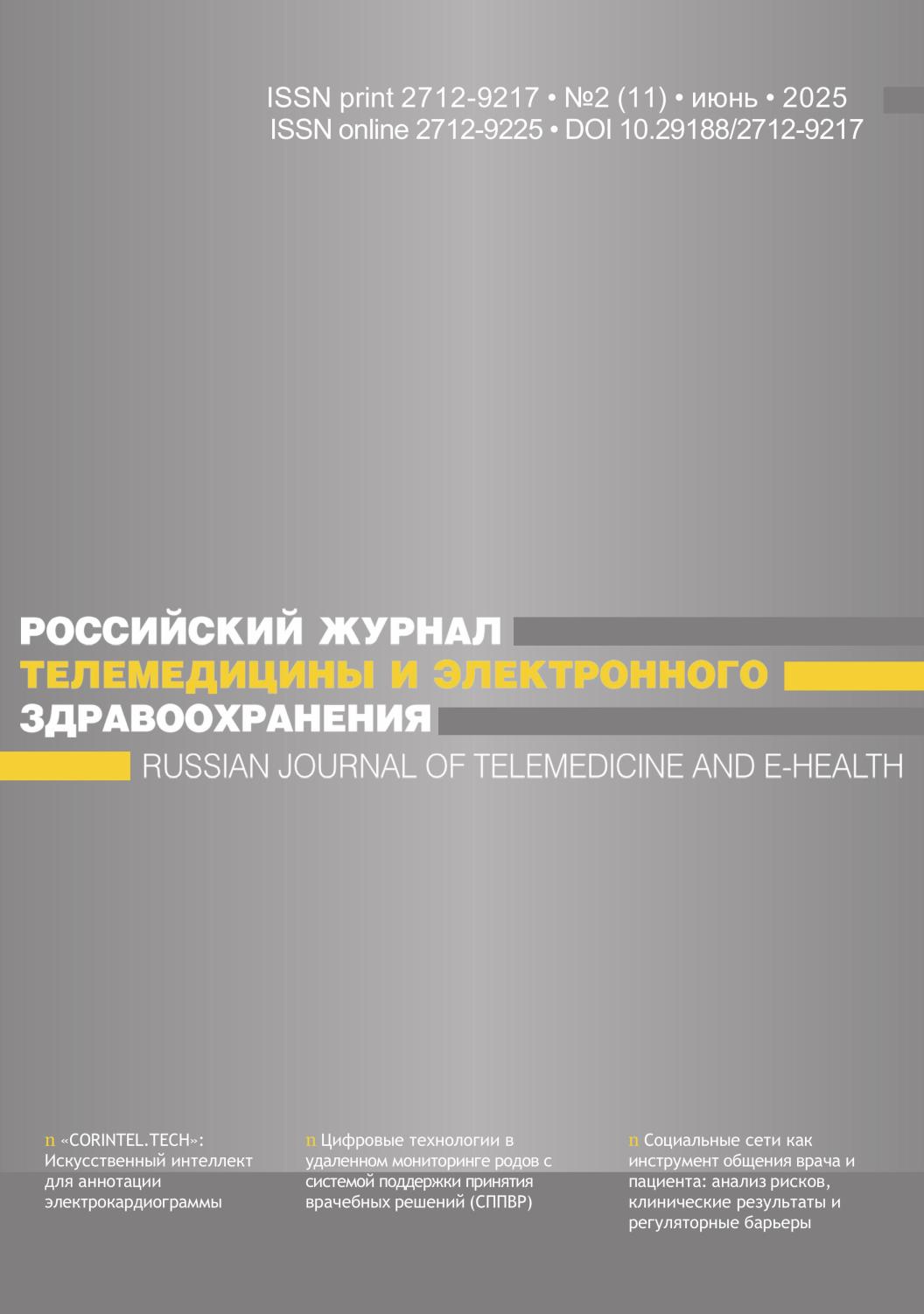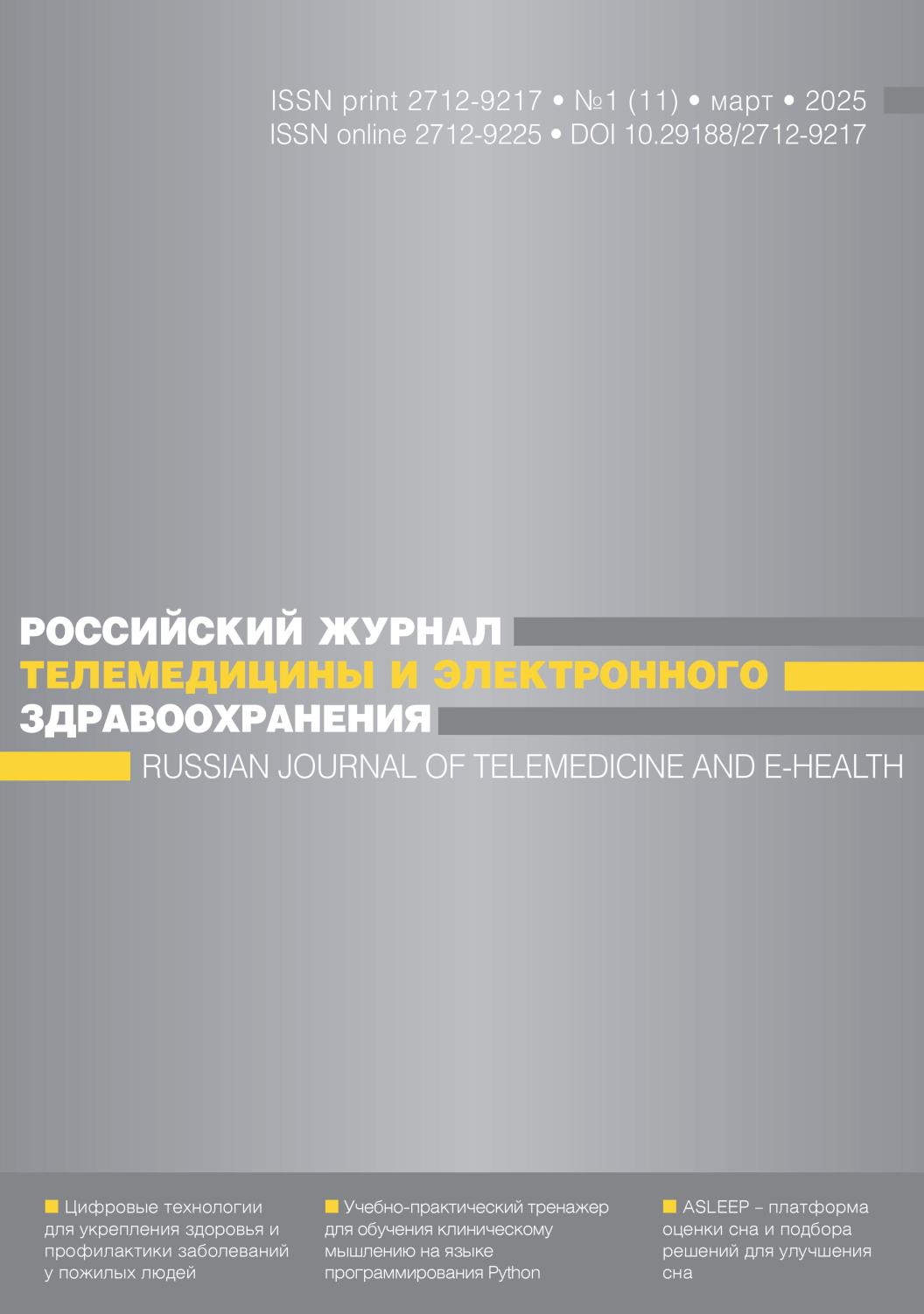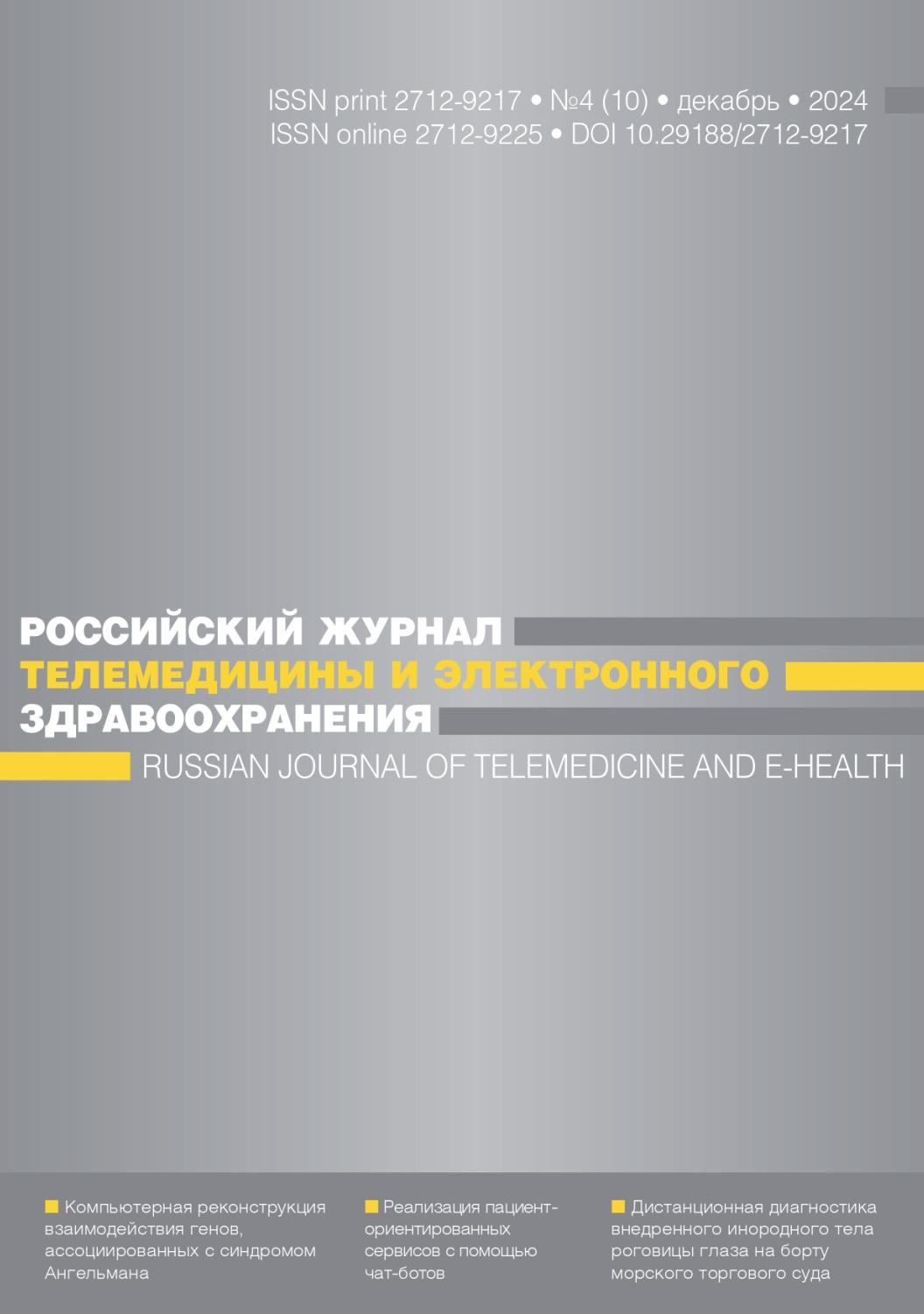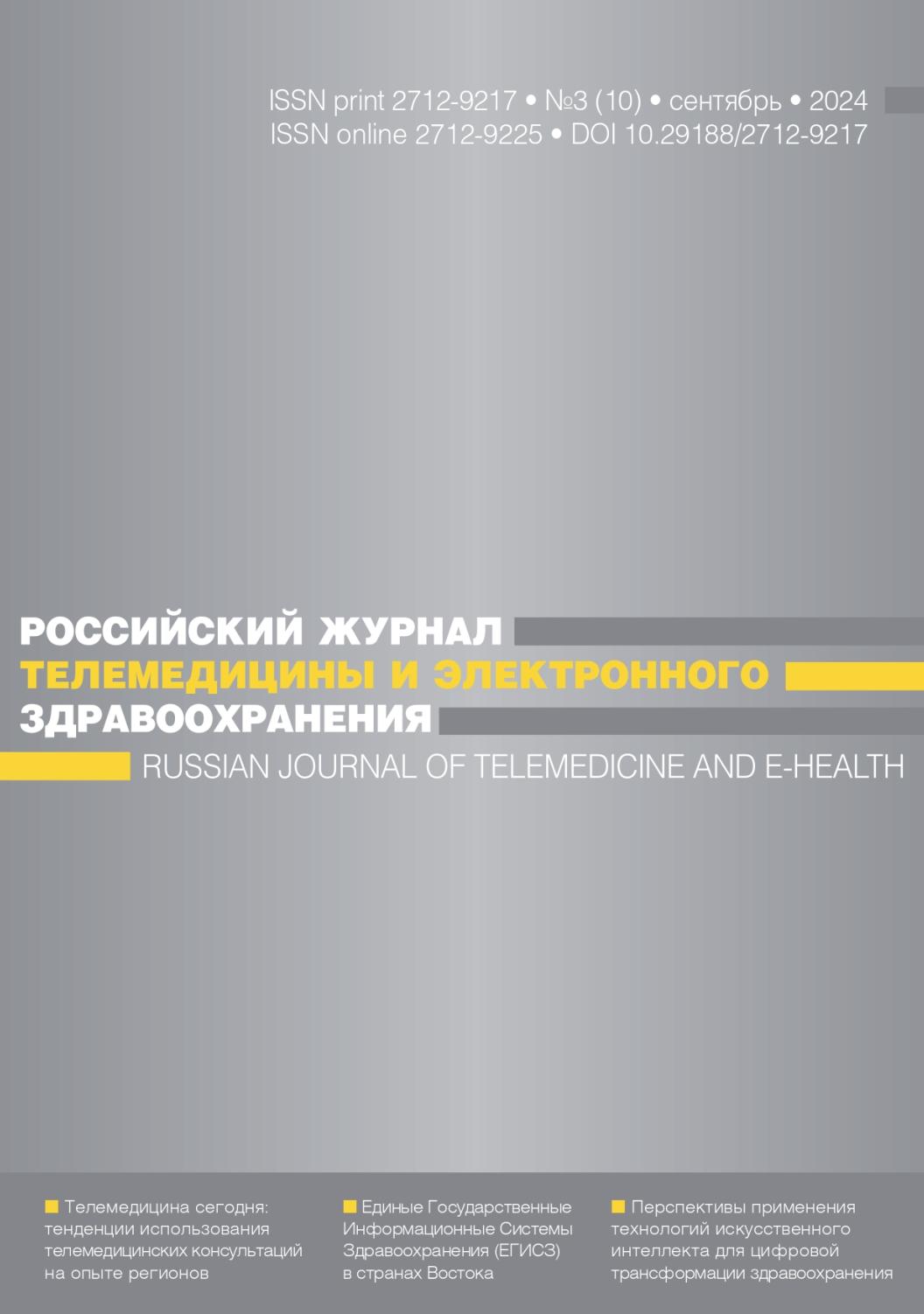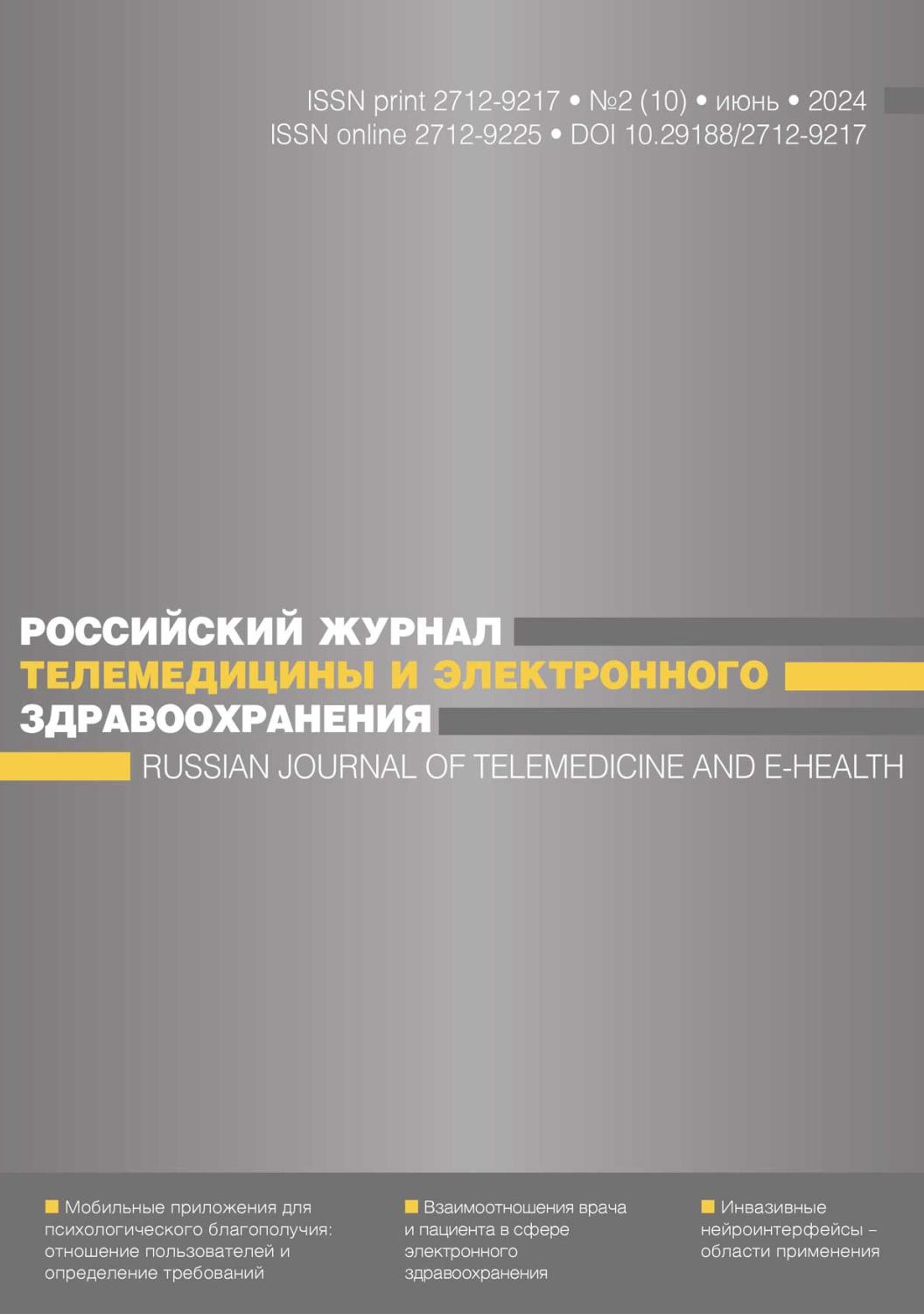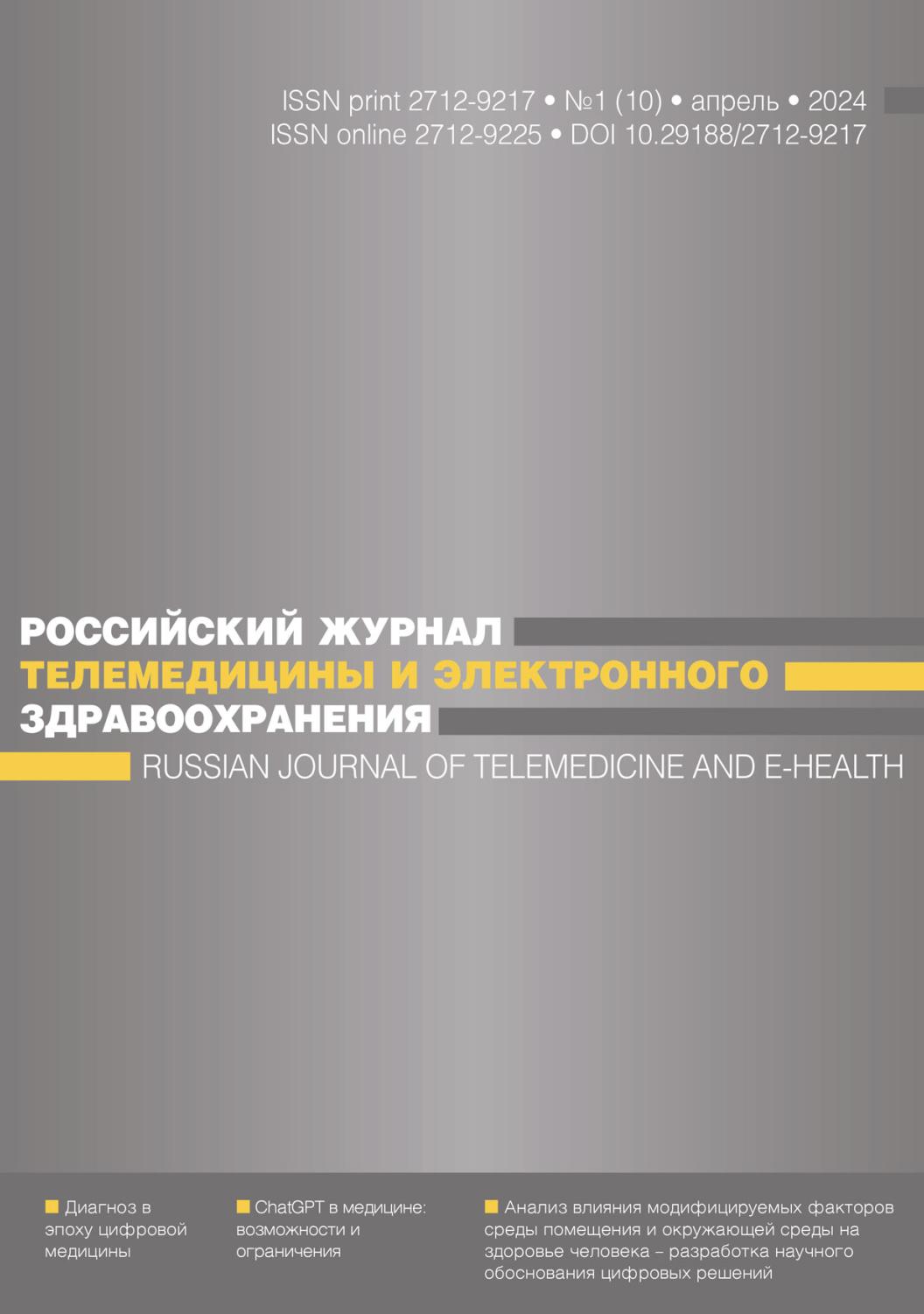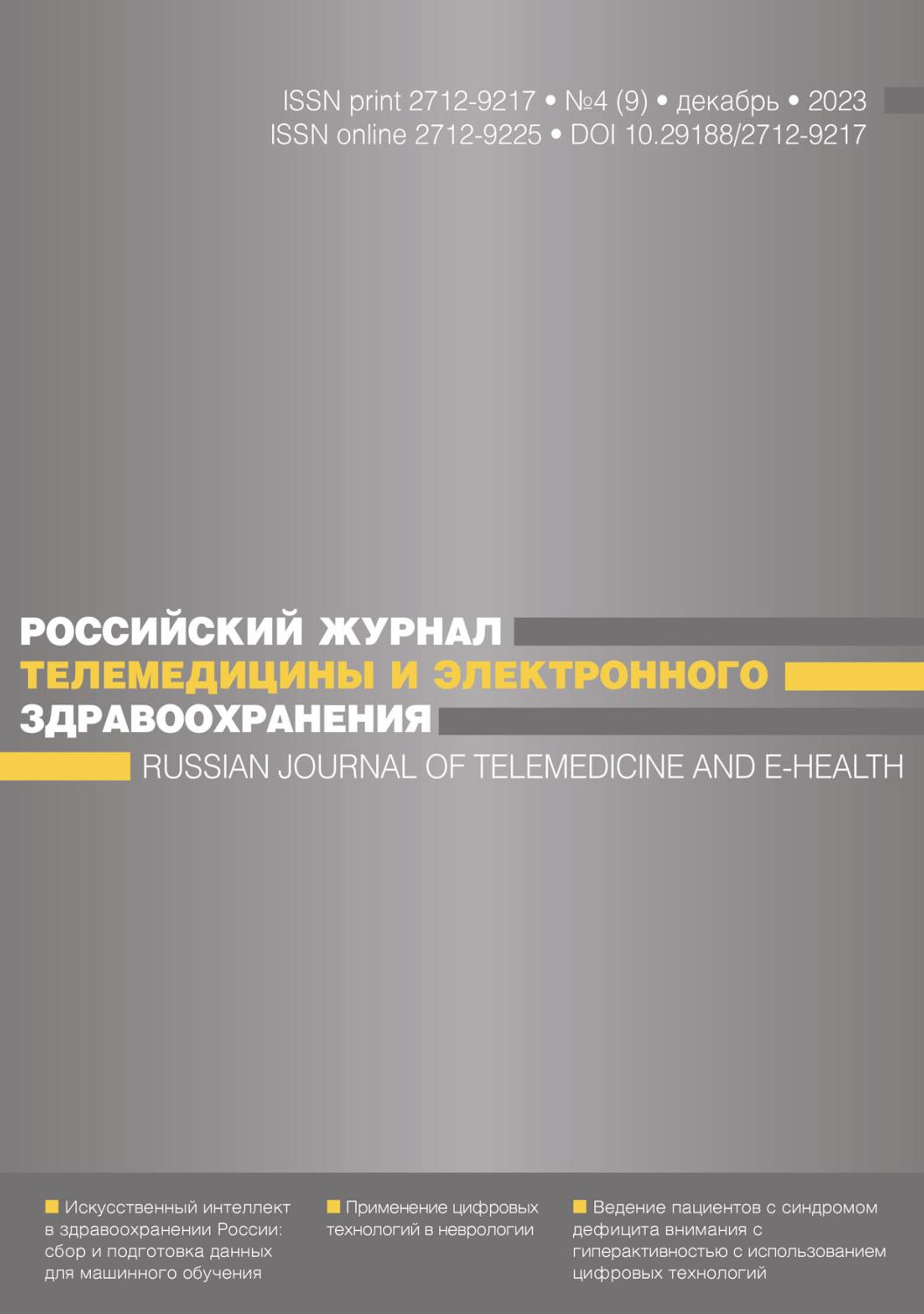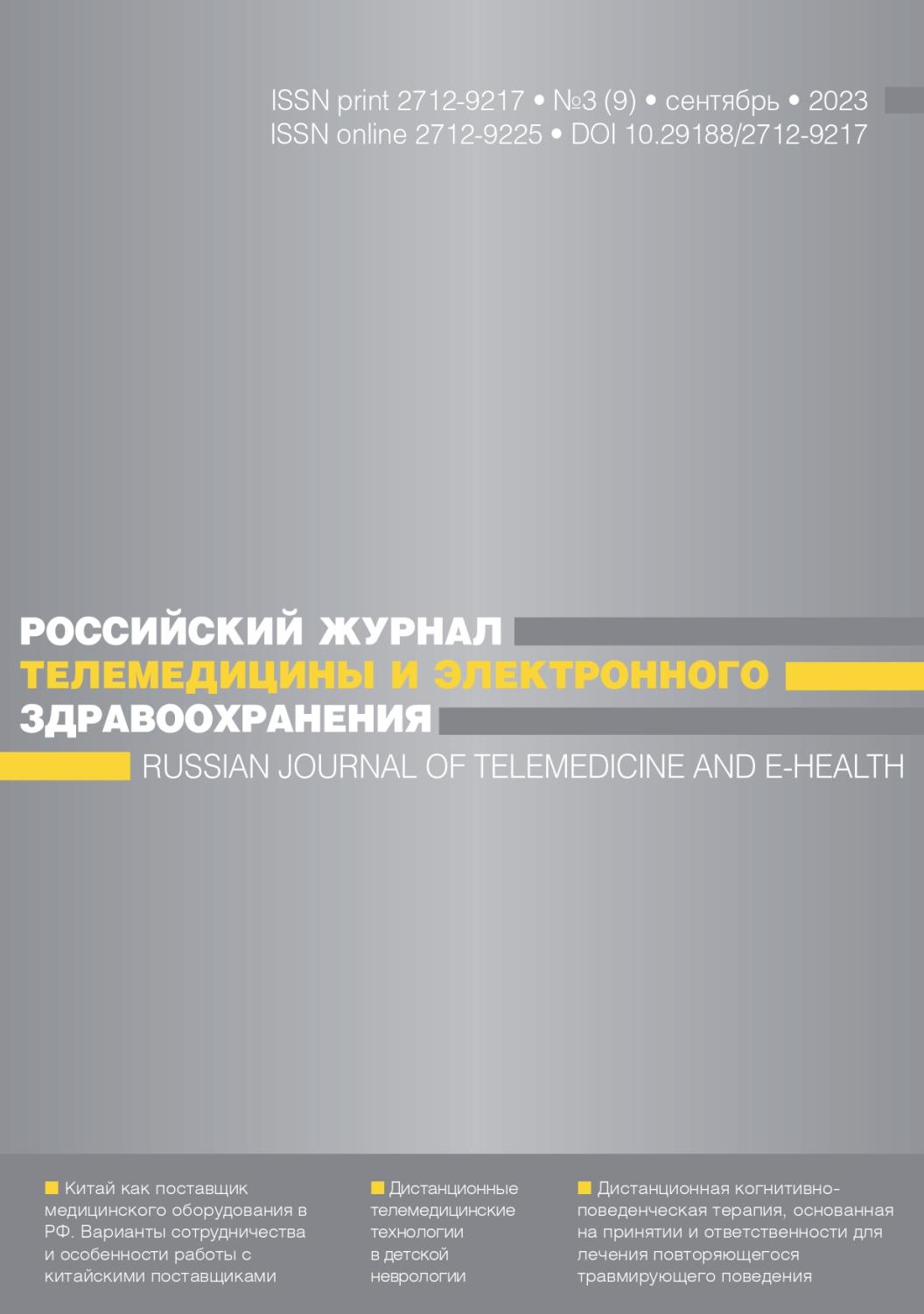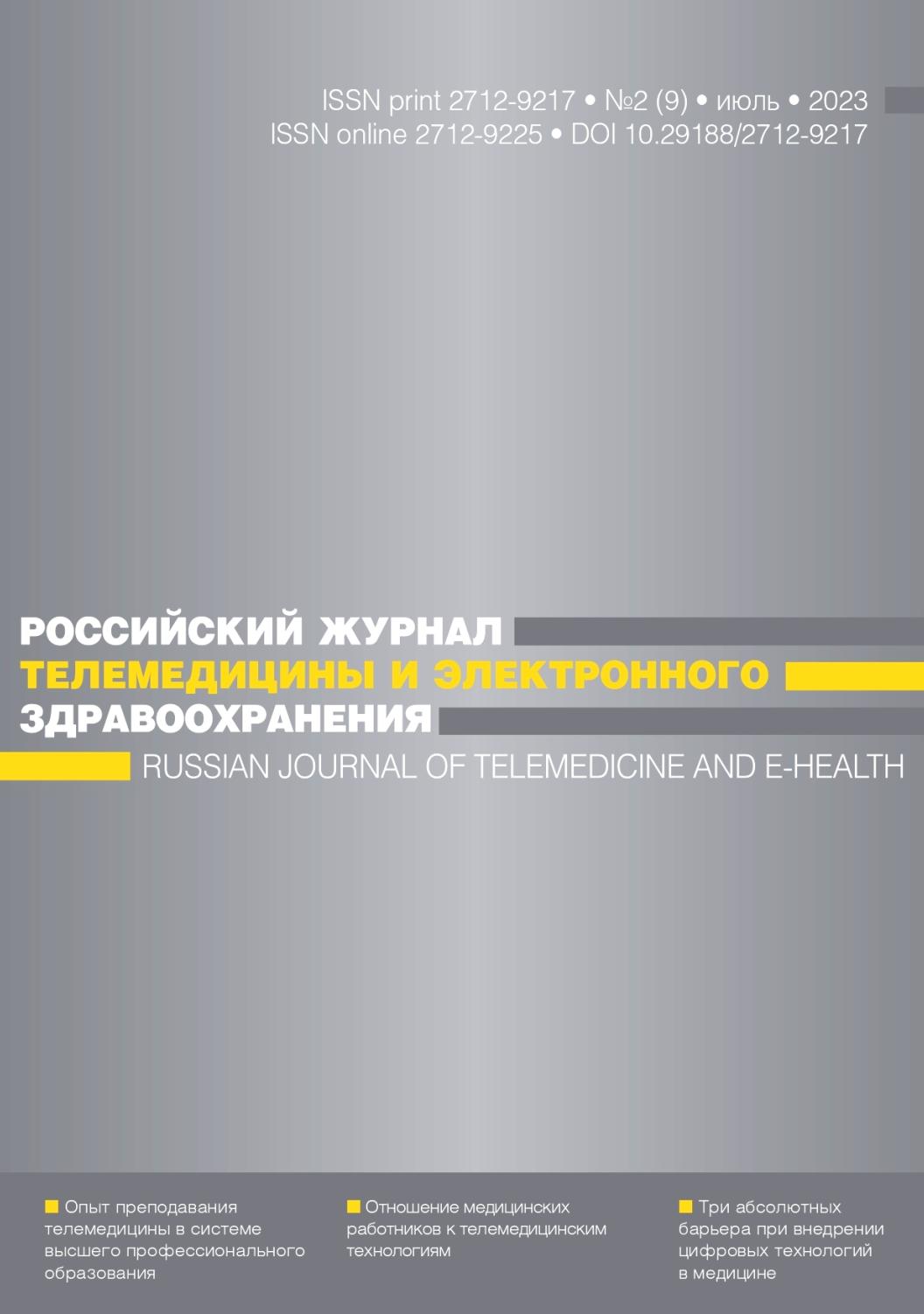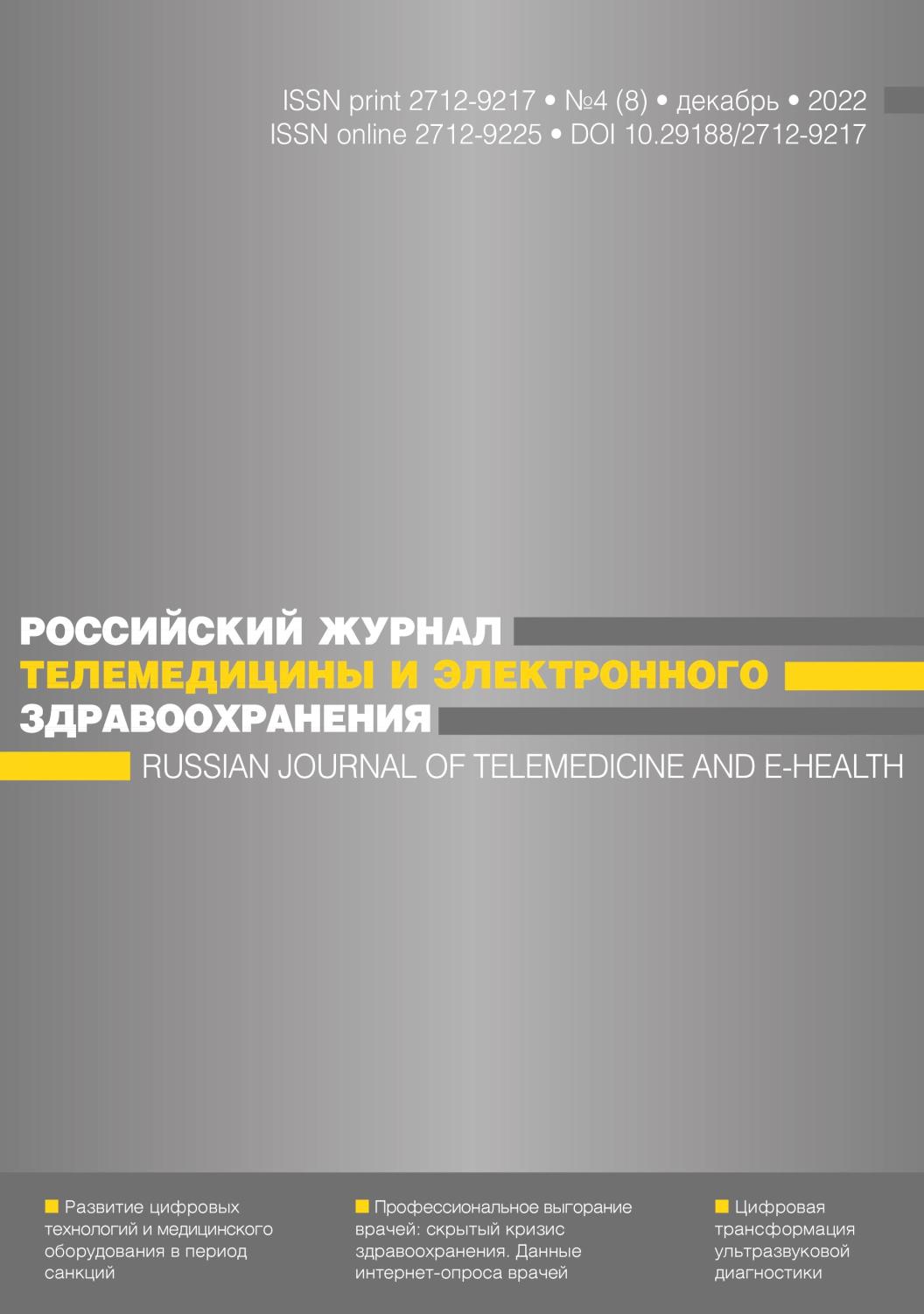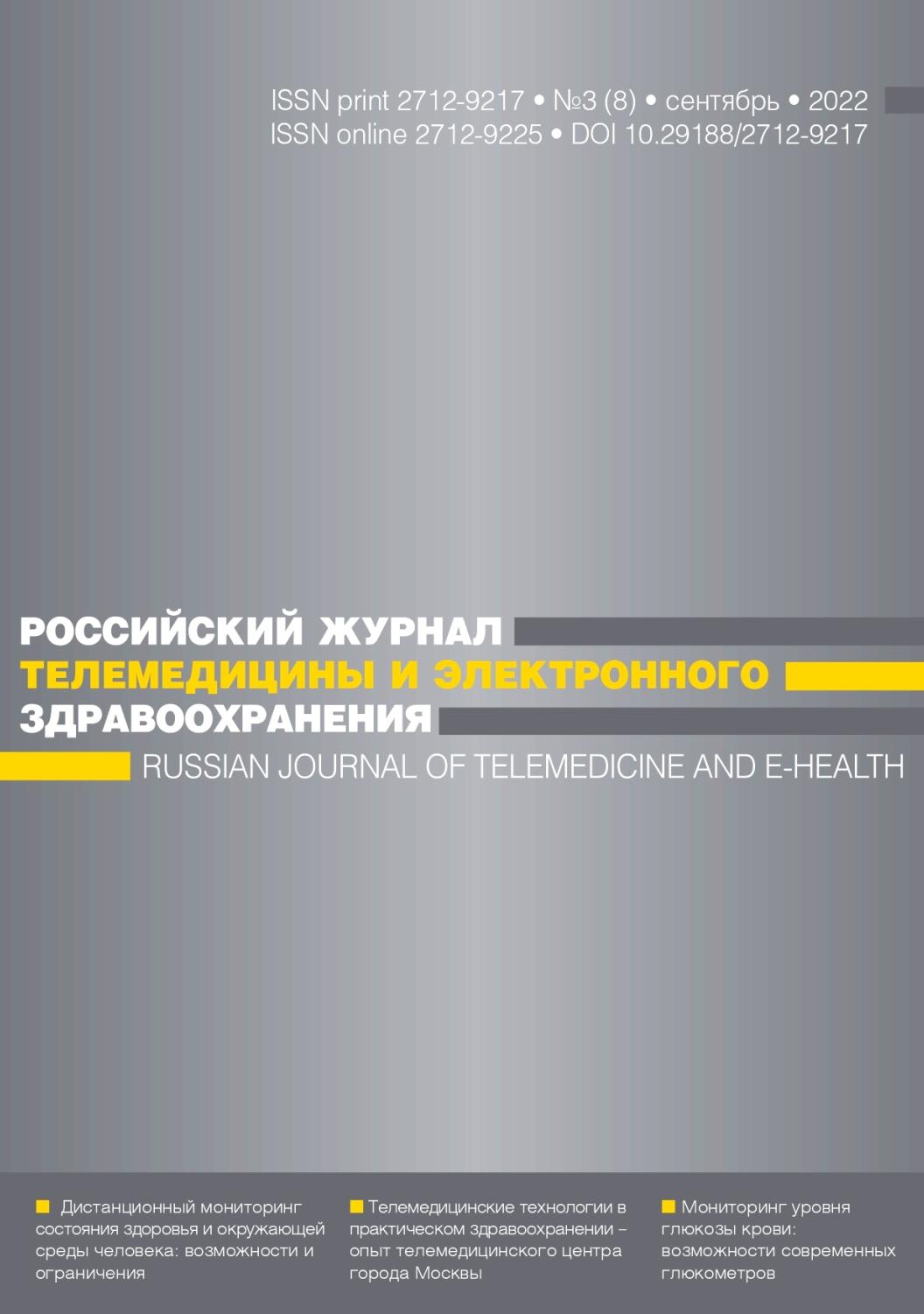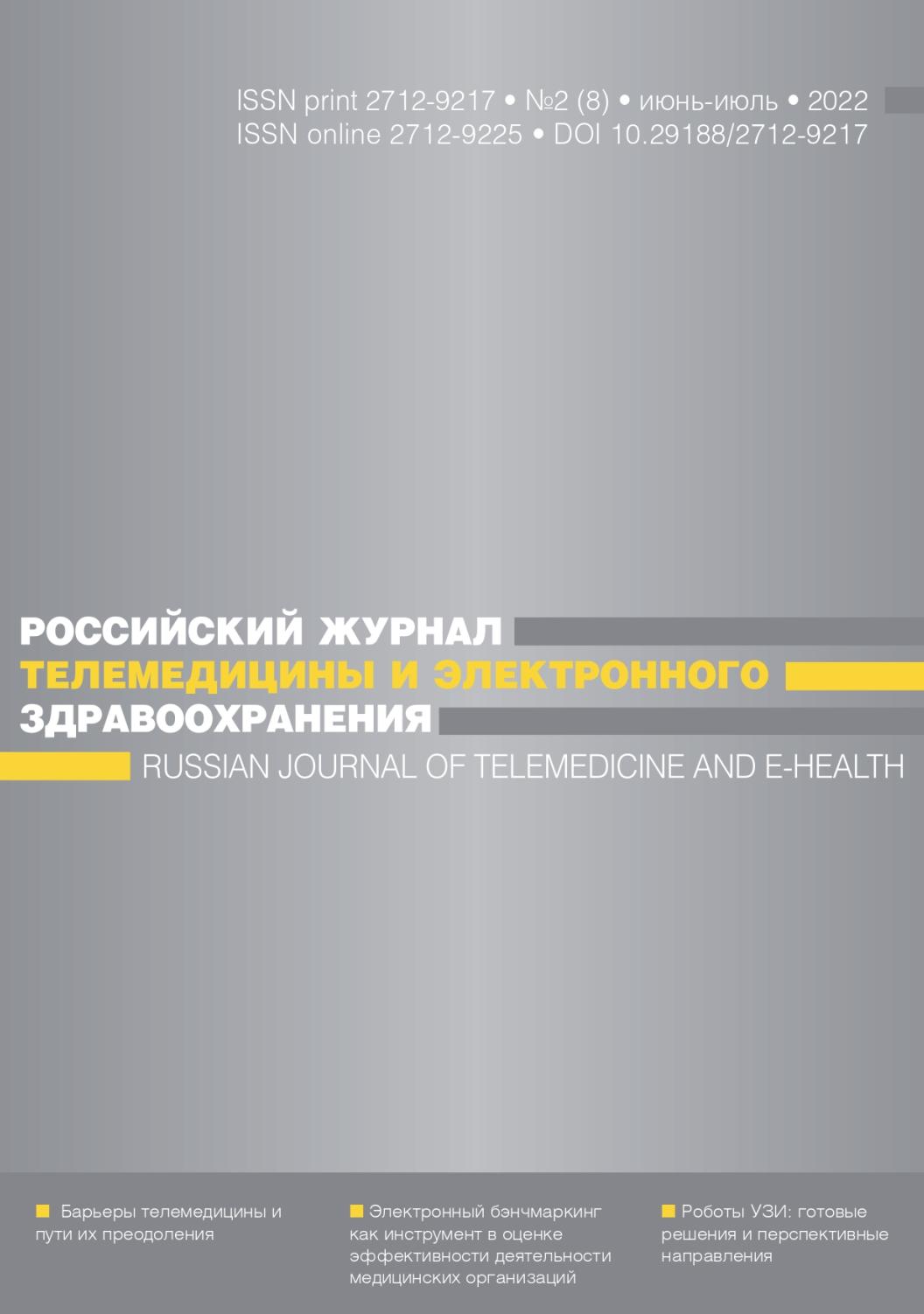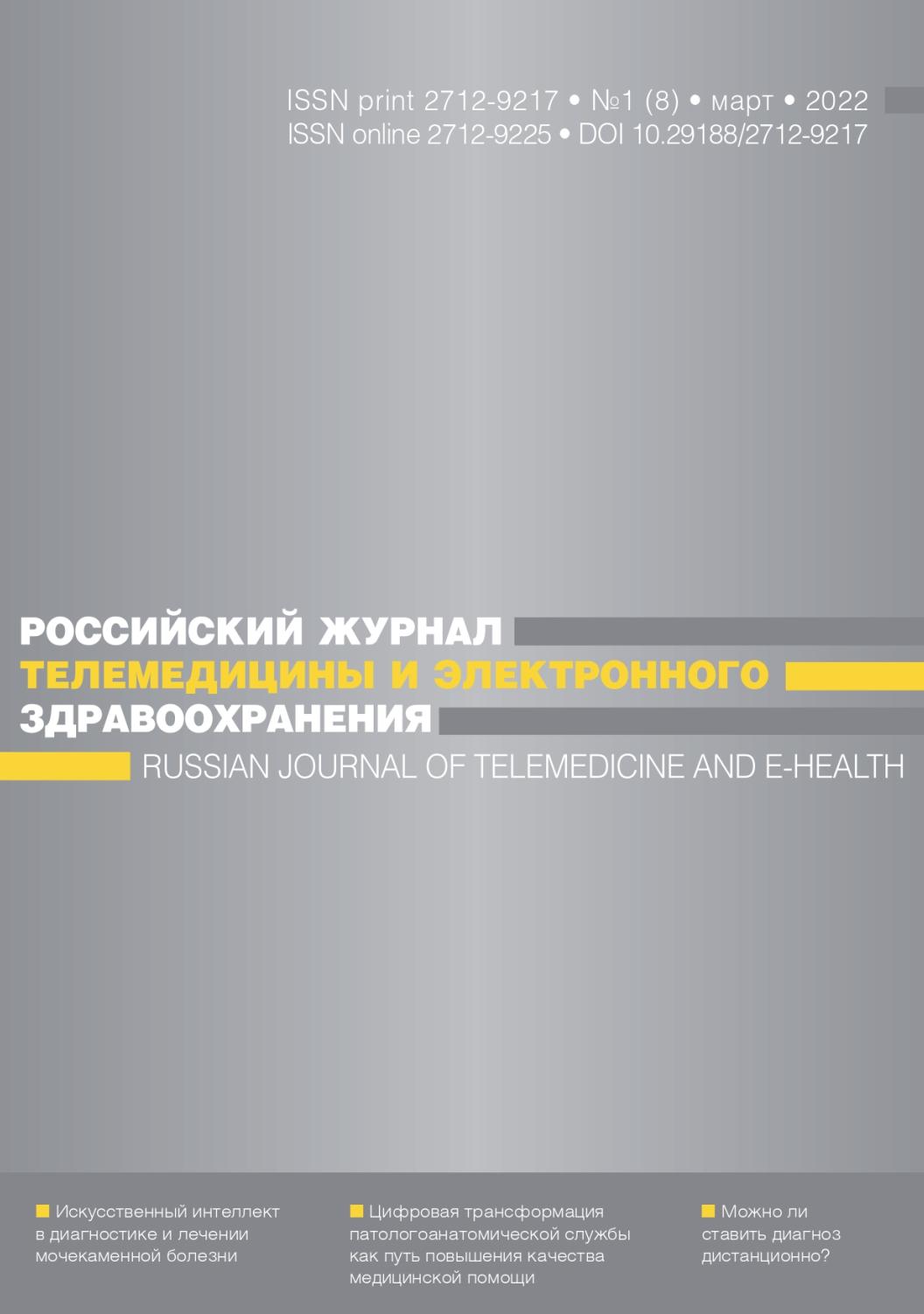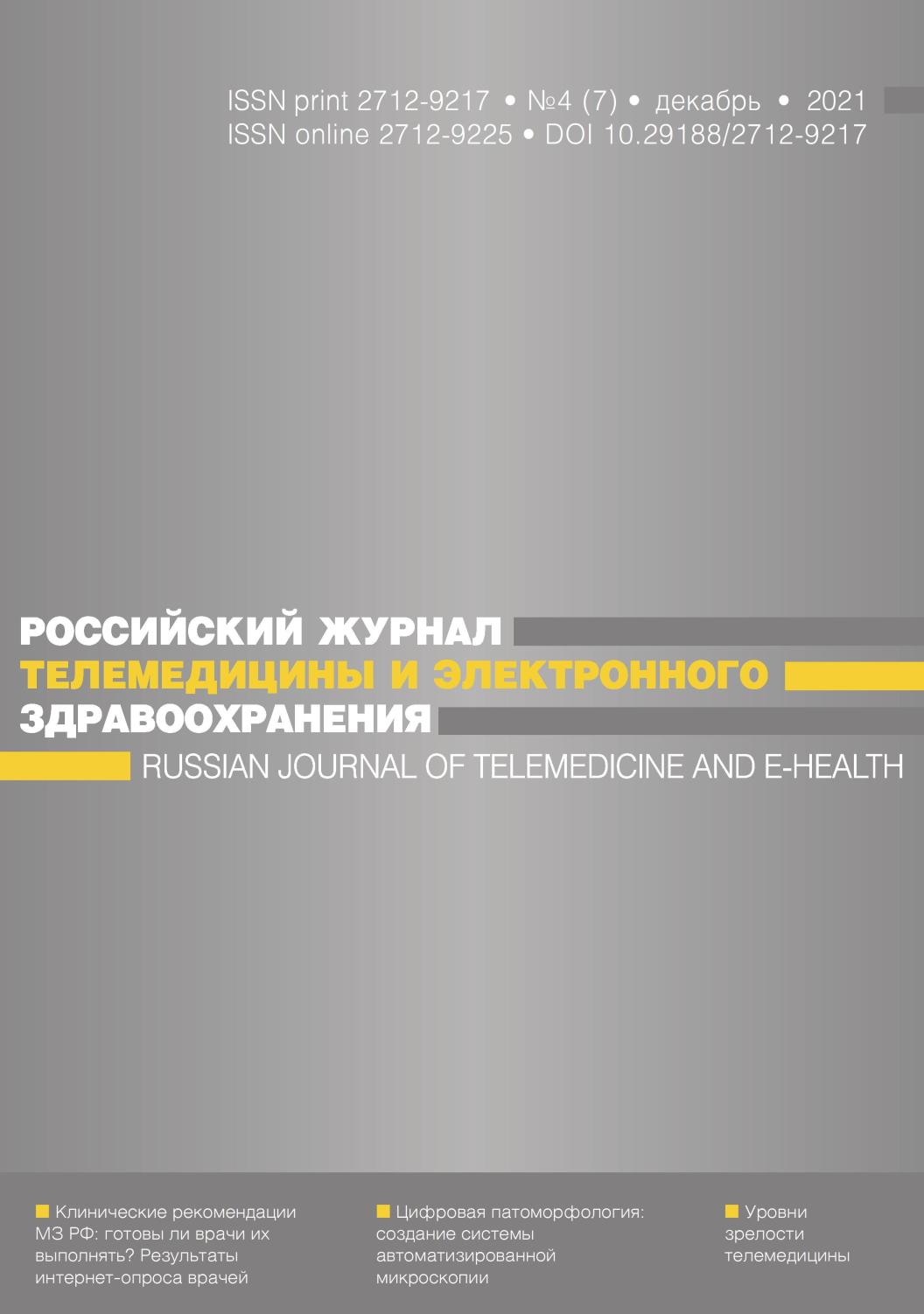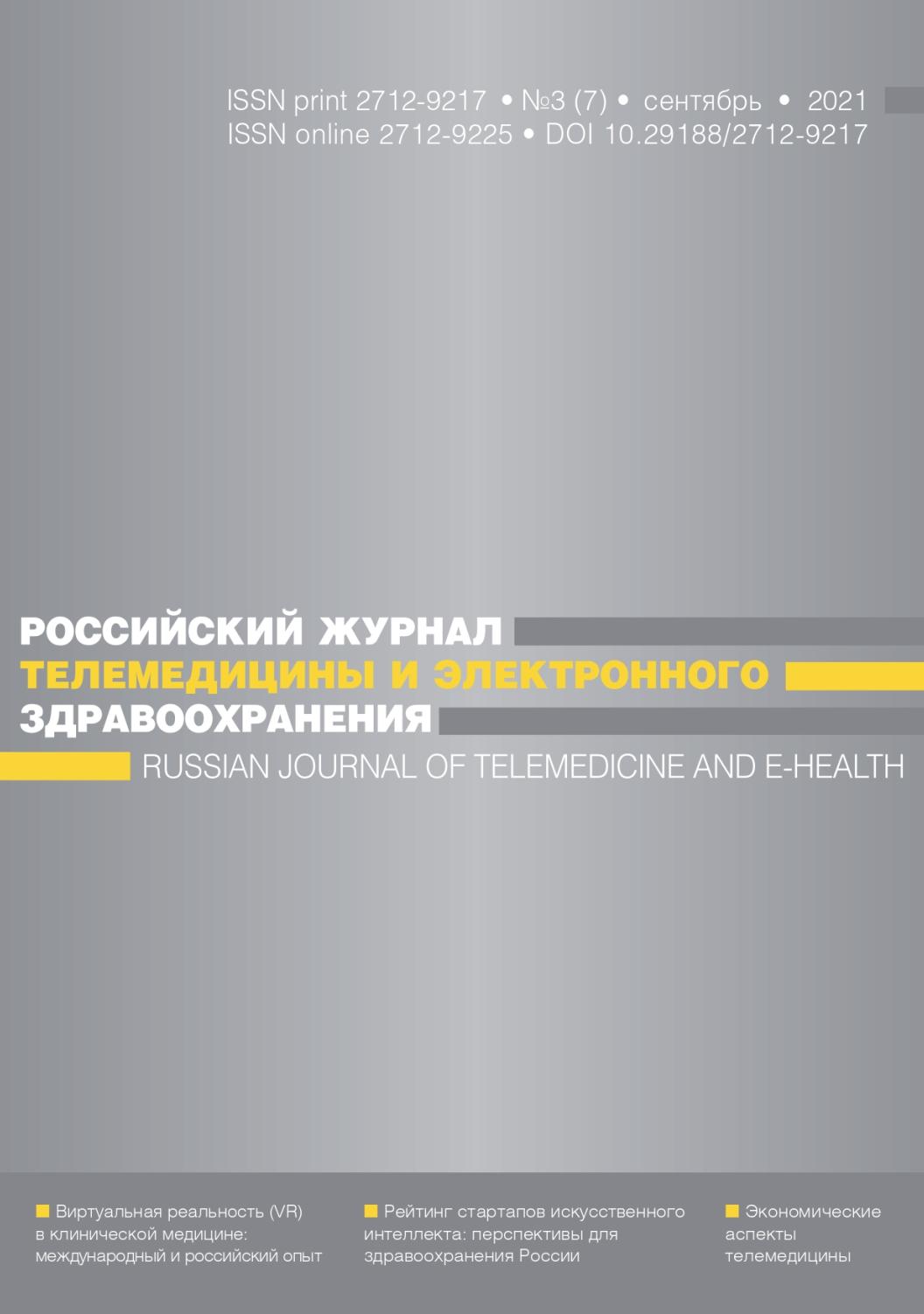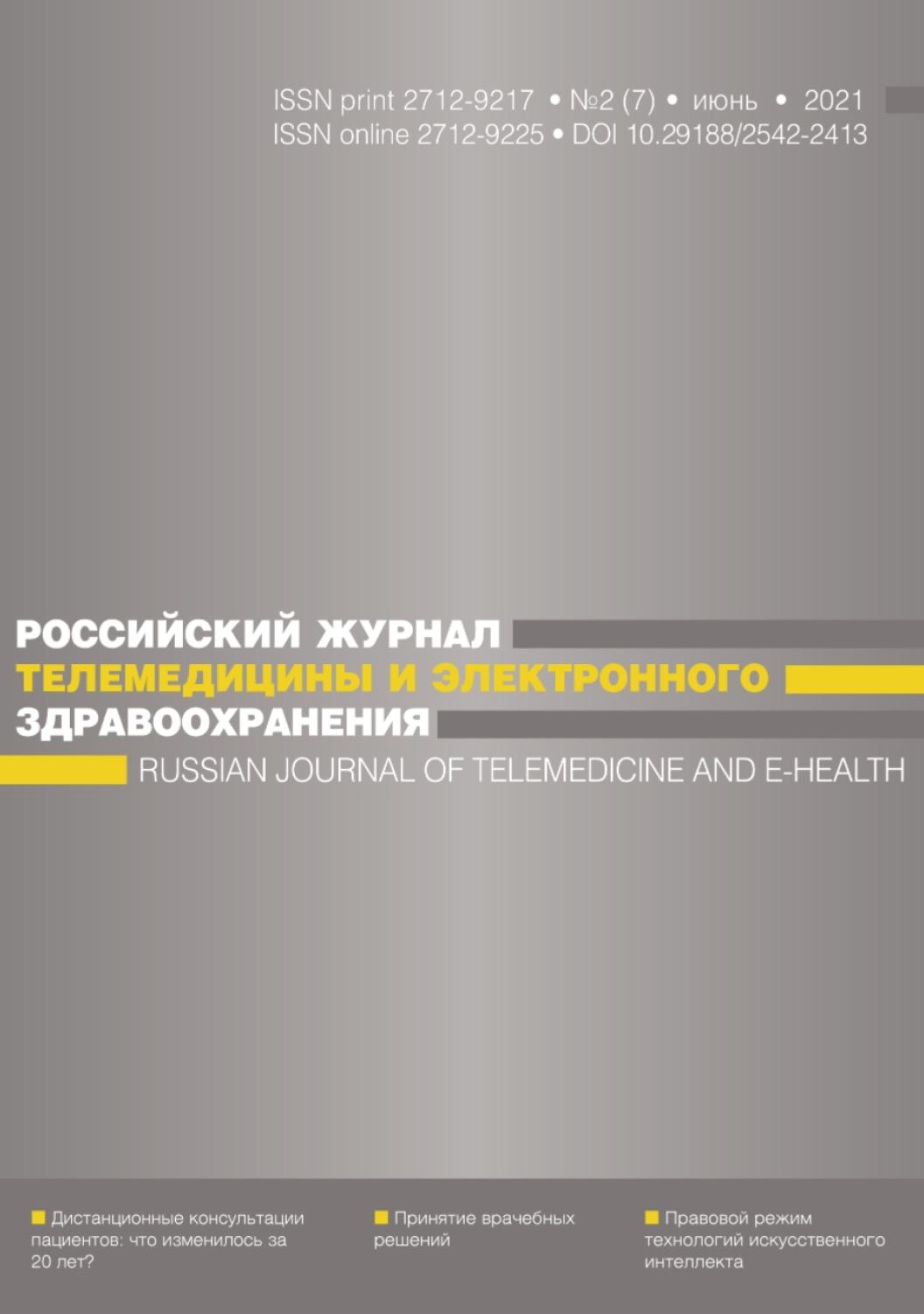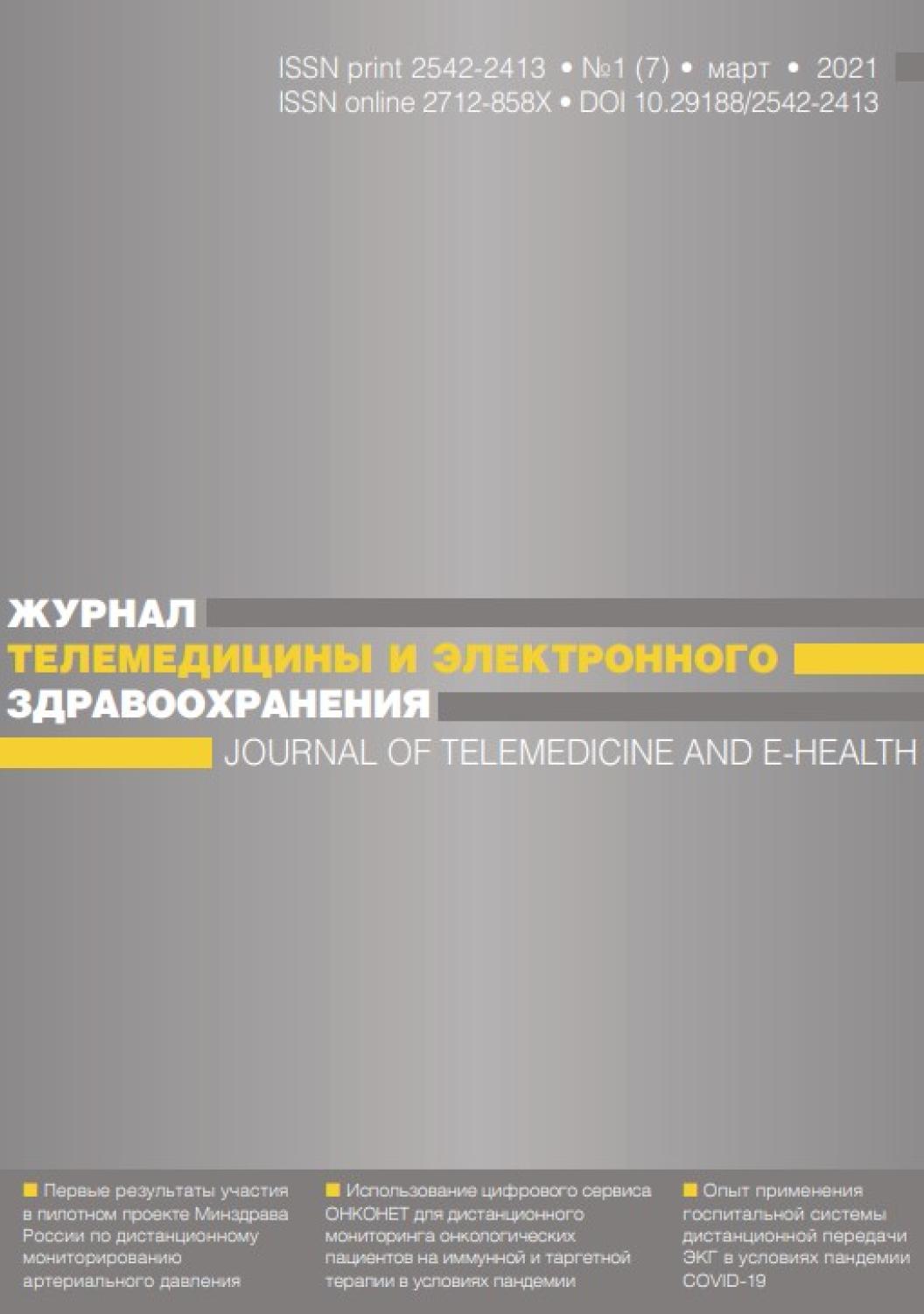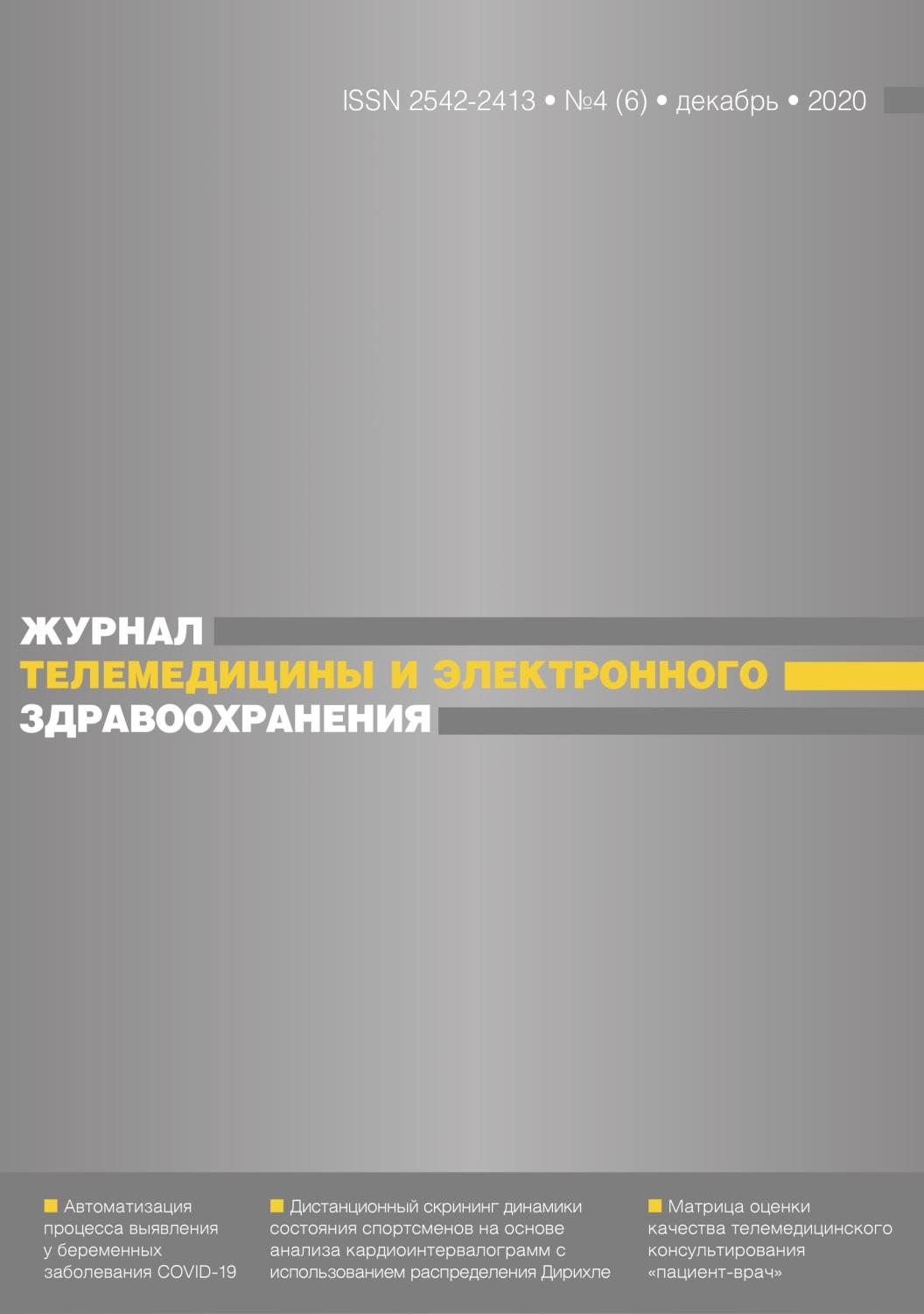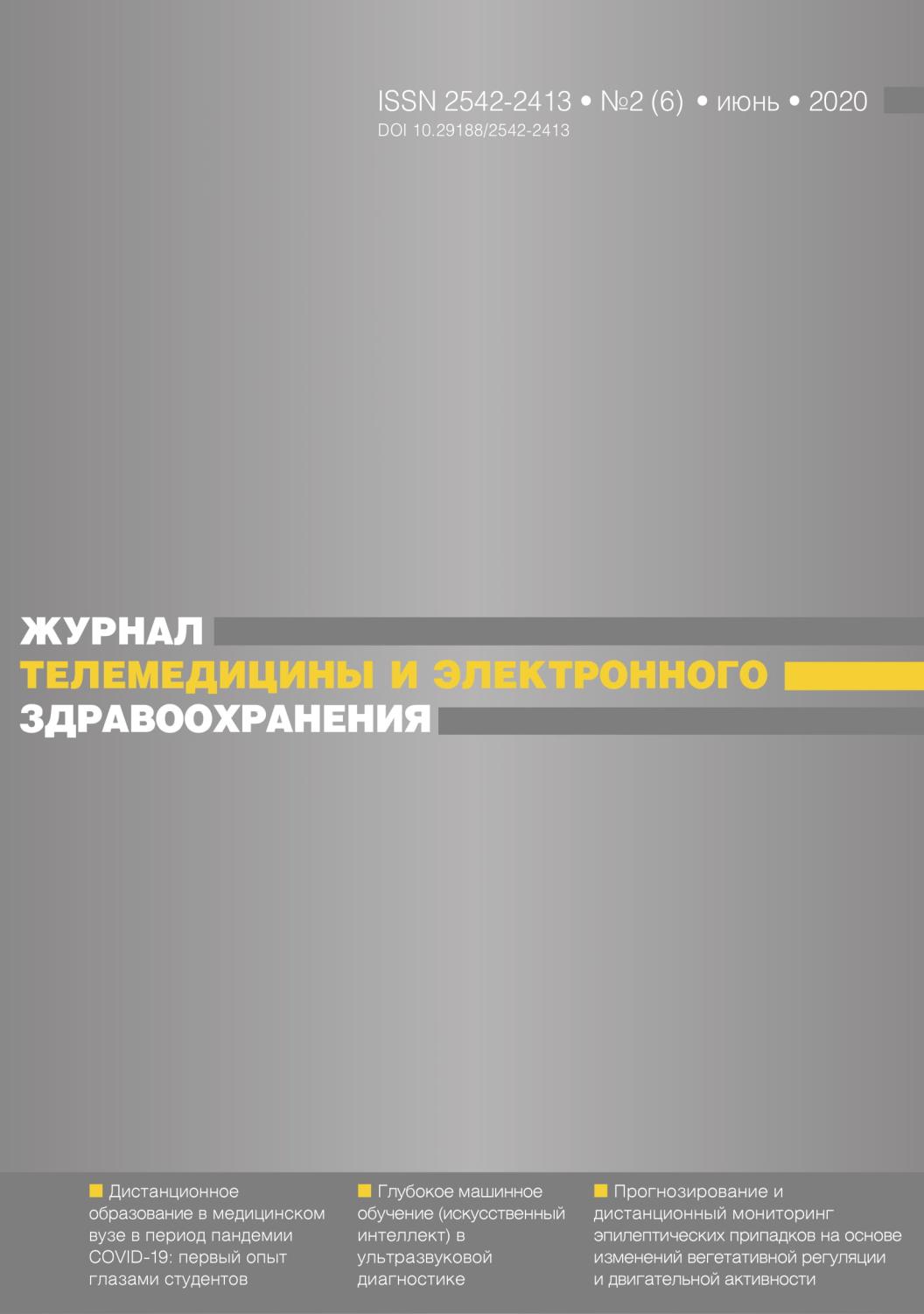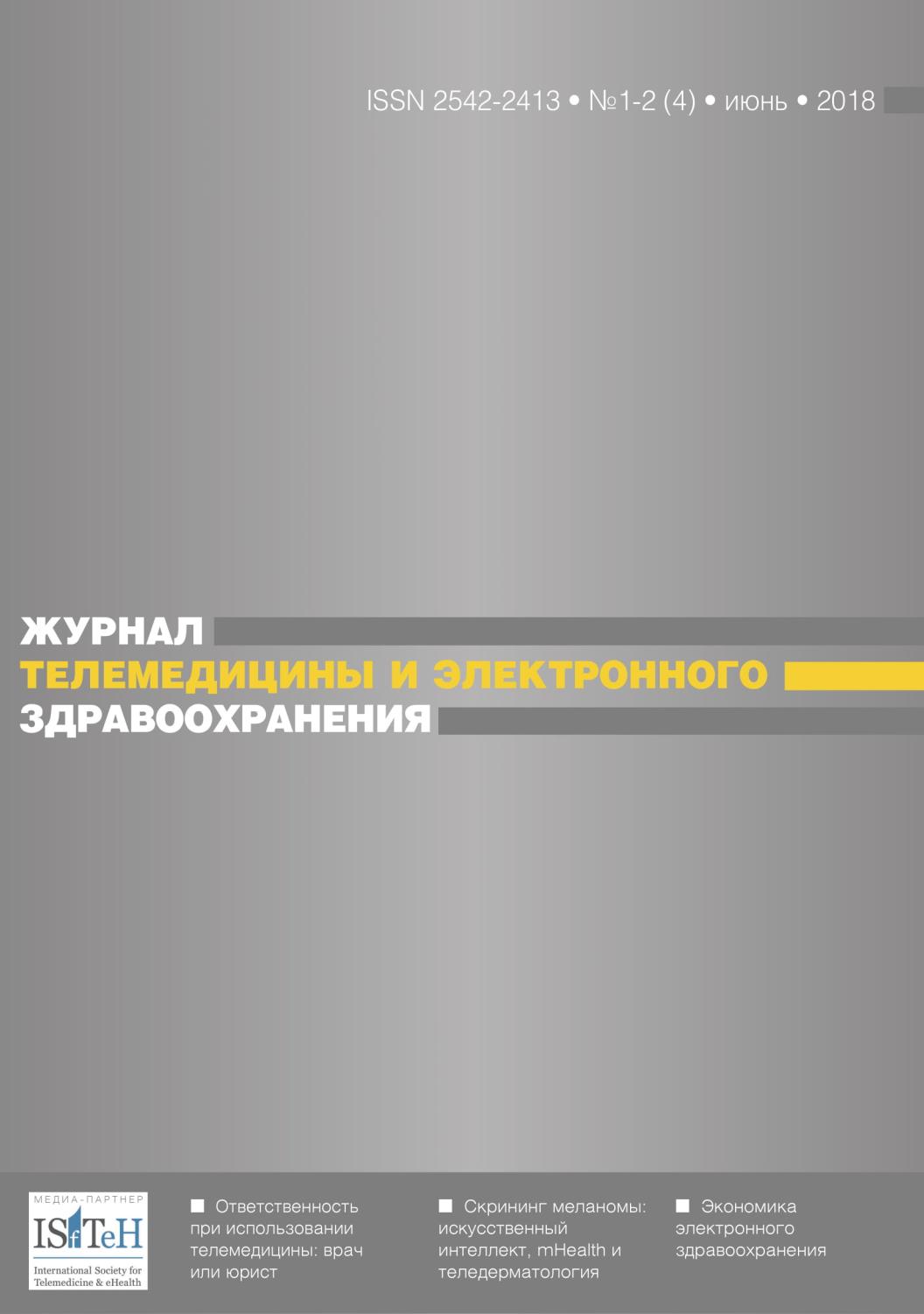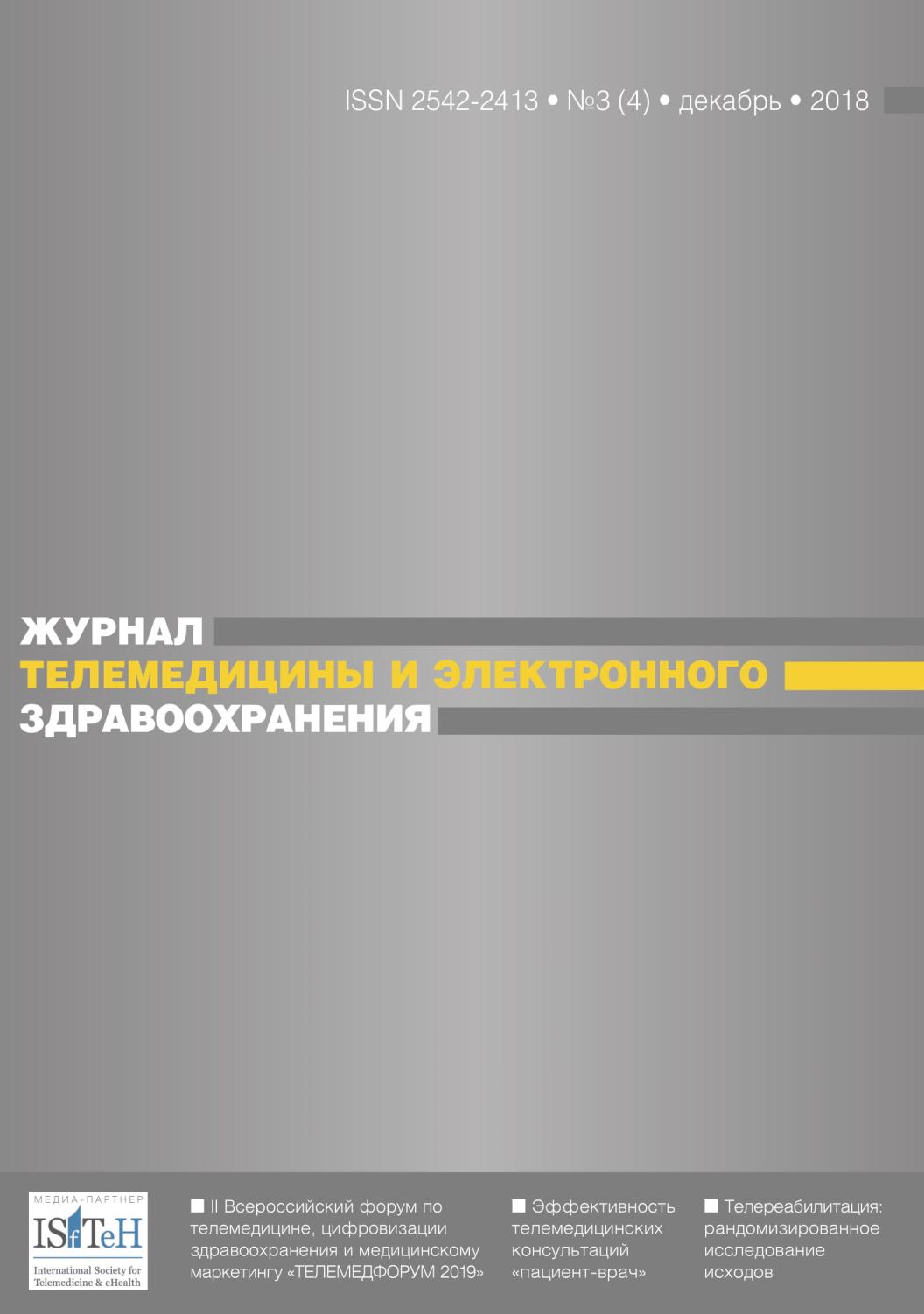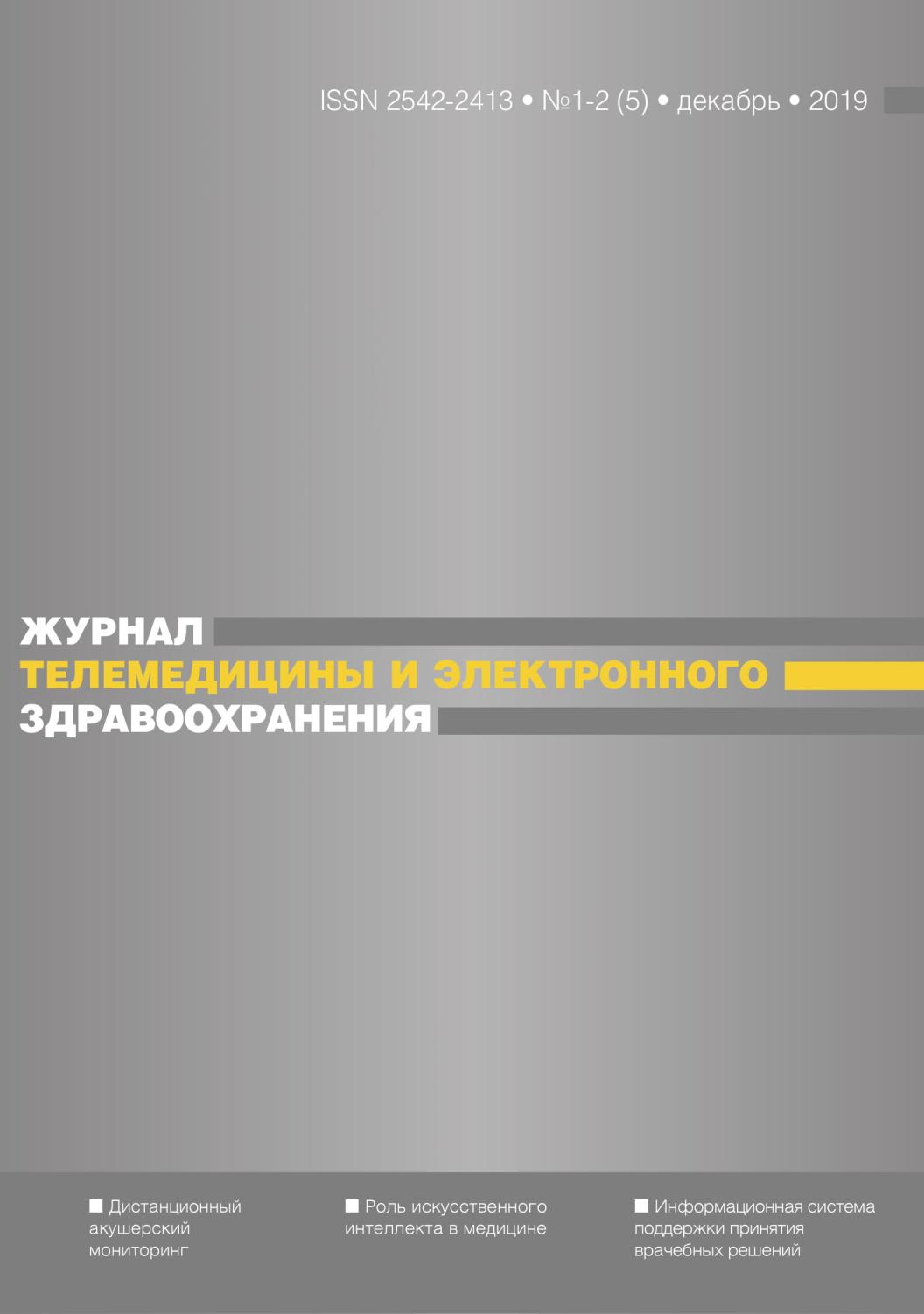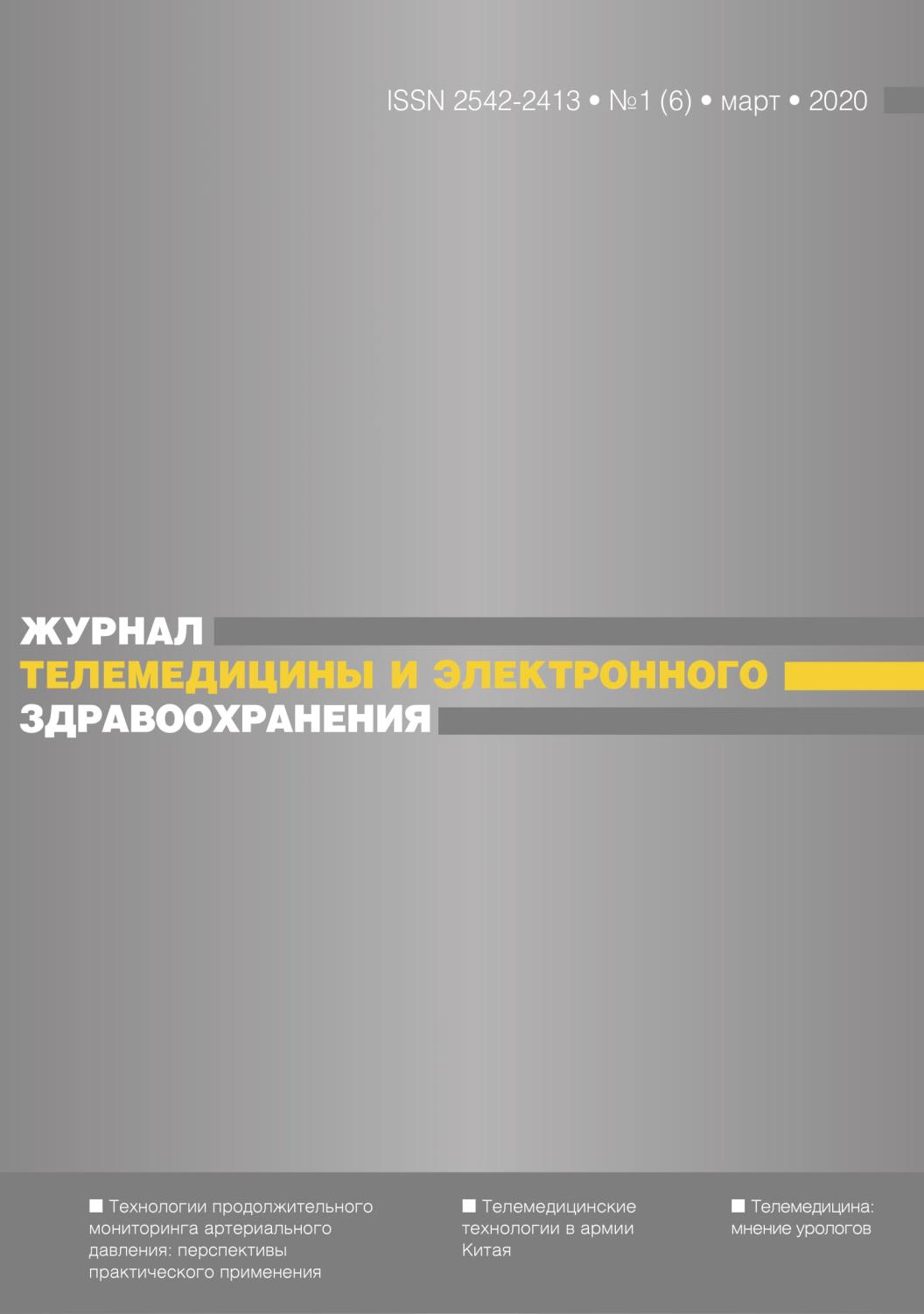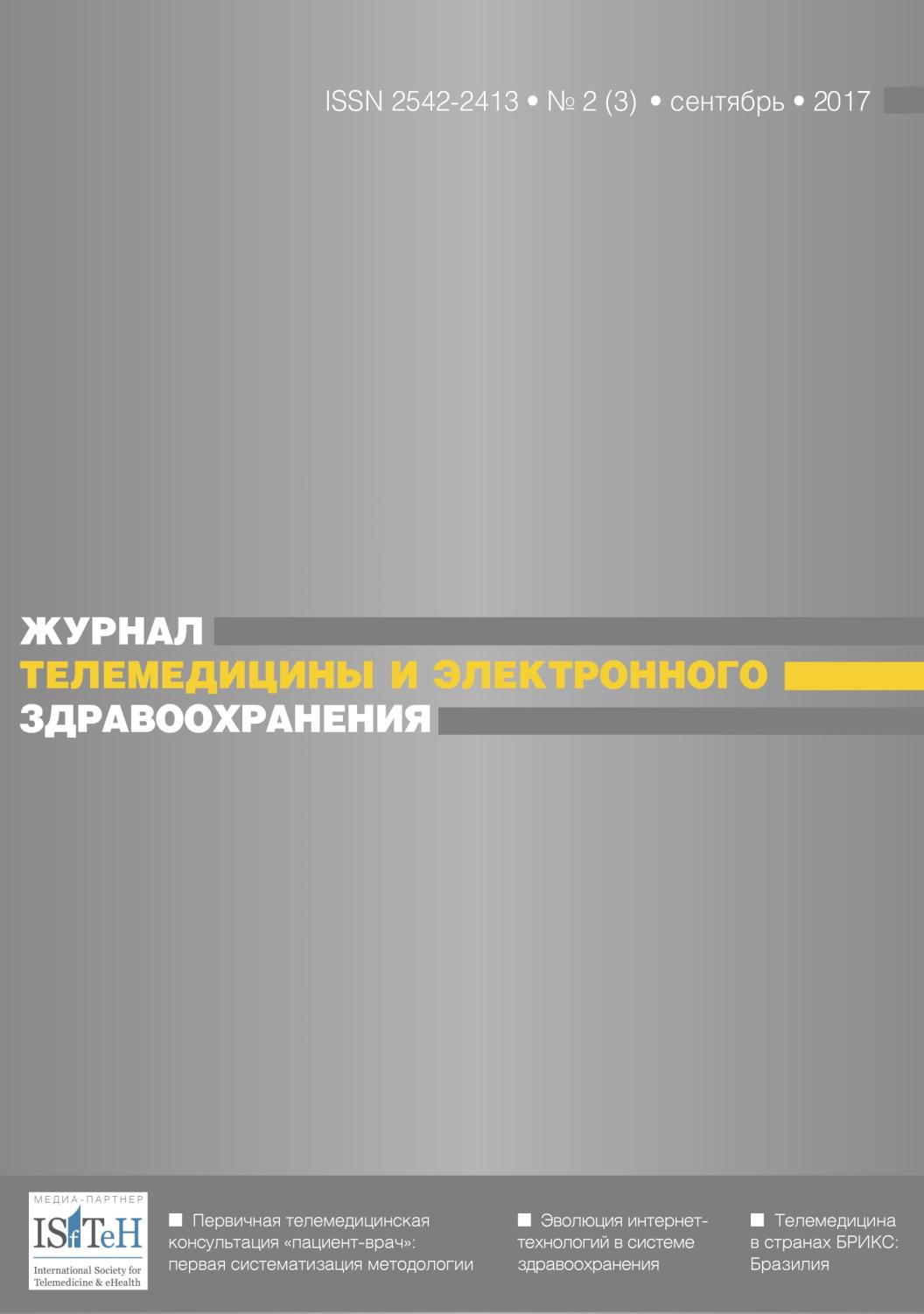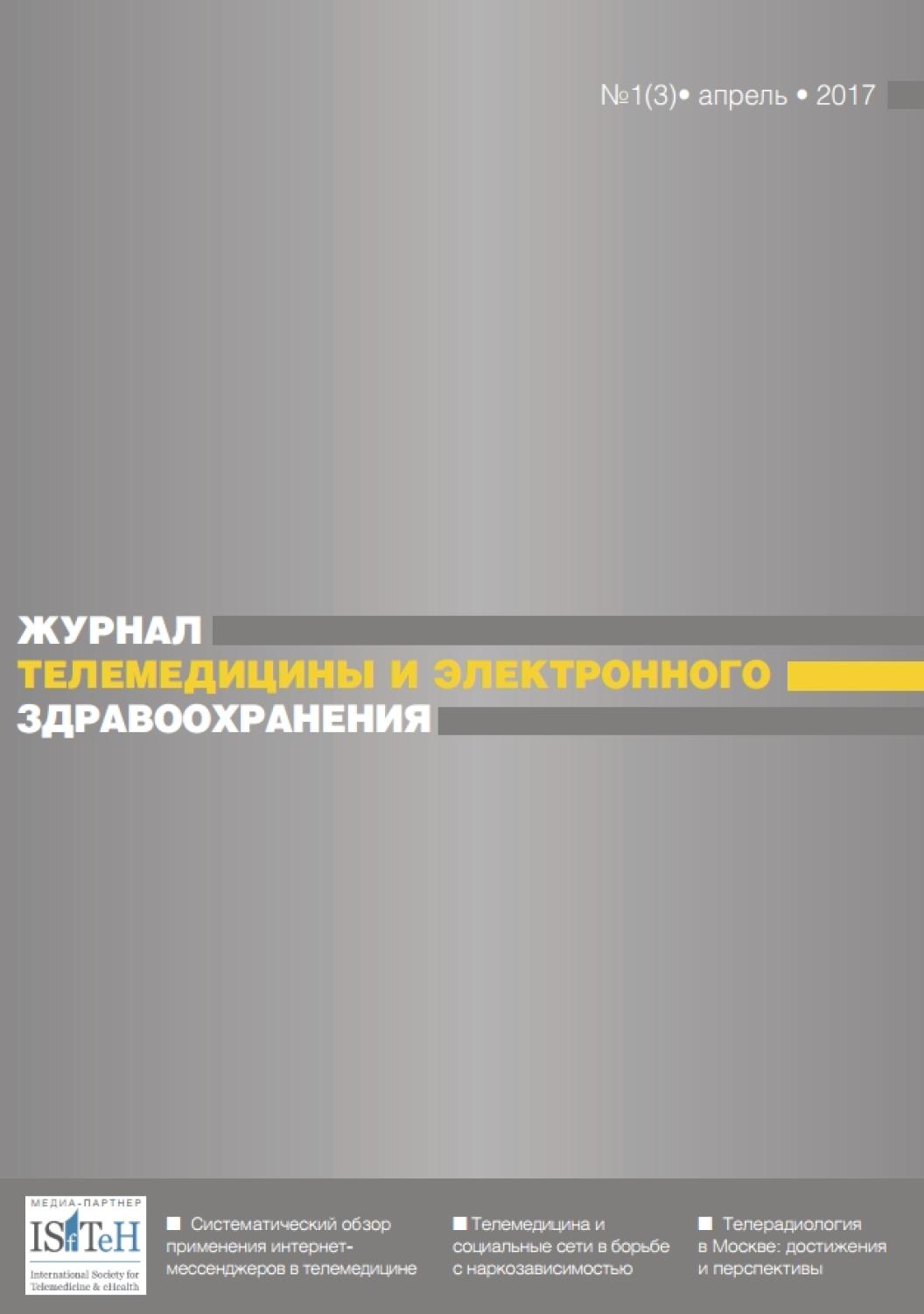Introduction. Attention deficit hyperactivity disorder (ADHD) is a disease of the group of neuropsychiatric developmental dis- orders, the main symptoms of which are hyperactivity, attention deficit and impulsivity. Behavioral disorders in ADHD, the childhood age of most patients, the need to control the side effects of psychotropic drugs, and limitations in the availability of medical care сan lead to the need for searching for alternative options for the management of patients with this disorder, such as telemedicine and methods of remote monitoring of the disease. The aim of this review is to analyze modern methods of professional medical care for patients with ADHD.
Materials and Methods. Literature review was conducted using PubMed, Scopus, and GoogleScholar databases, and the study included literature sources not older than 5 years.
Results. We conducted a literature review and analyzed current trends in the management of patients with ADHD using remote technologies. Currently, all these steps can be achieved by using of telemedicine technologies: remote teleconsultations, the use of digitized questionnaires and cognitive tasks, the introduction of psychotherapeutic tools into patients' daily lives through augmented and virtual reality technologies, and the use of apps and wearable devices for symptom tracking.
Conclusion. In summary, the analysis has demonstrated the certain aspects of managing patients with attention deficit hy- peractivity disorder using telemedicine technologies. Modern technologies make it possible to achieve control over the course of ADHD, reduce the severity of its symptoms and improve the quality of life of patients with ADHD.


